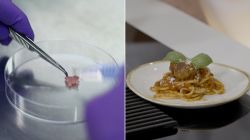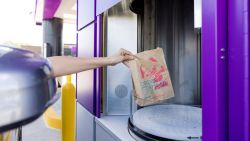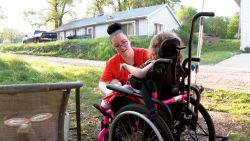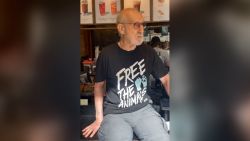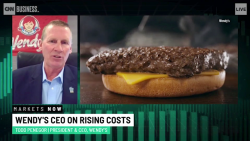Americans are one step closer to being able to buy chicken grown from animal cells, also known as lab-grown meat.
Good Meat, the developer of such a chicken product, announced Tuesday that it has received a so-called “no questions” letter from the Food and Drug Administration. That letter states that the administration is satisfied that the product is safe to sell in the United States. The FDA issued a similar letter to another company that makes meat from cultured chicken cells, Upside Foods, in November.
That’s a big step, but it doesn’t mean shoppers will be able to try the product just yet. To get the green light to sell to consumers, both companies need the go-ahead from the US Department of Agriculture.
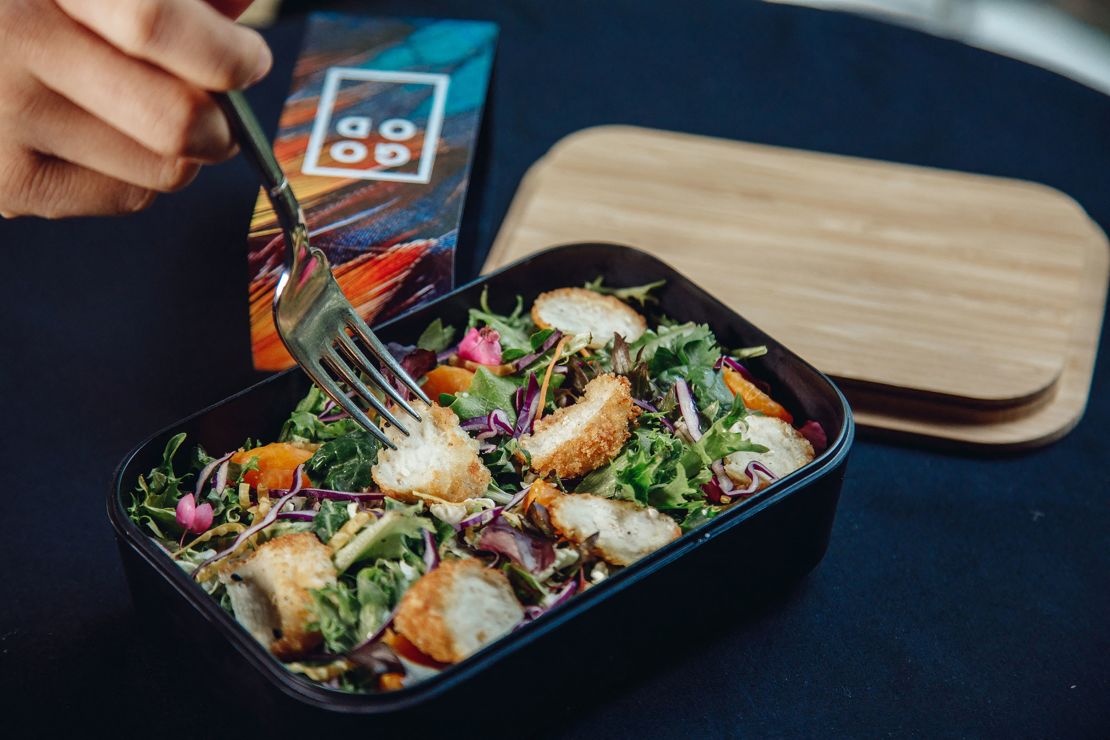
The FDA’s letter “clears a crucial step in bringing Good Meat to restaurants and retail in the US,” Good Meat said in a statement Tuesday, adding that it “is now working with the US Department of Agriculture on necessary approvals.”
Good Meat advertises its product as “meat without slaughter,” a more humane approach to eating meat. Supporters hope that cultured meat will help fight climate change by reducing the need for traditional animal agriculture, which emits greenhouse gases. Cultivated or lab-grown meat is grown in a vat much like what you’d find at a beer brewery.
Good Meat, which is owned by plant-based egg maker Eat Just, said that after the USDA signs off on its product, chef and Good Meat board member José Andrés will start serving the cultured meat at a Washington, D.C., restaurant.
There’s no clear timeline for when Good Meat or Upside Foods will get USDA approval. But internationally, things are moving quickly. Good Meat’s cell-based chicken was approved for sale in Singapore in 2020, and has since been available for purchase in restaurants in that country.
“We’ve been selling chicken without slaughter for over two years now in Singapore, and it’s pretty cool that we’ll be able to make it happen here at home in the United States,” Josh Tetrick, CEO of Good Meat and Eat Just, said in a statement sent to CNN via email.
— CNN’s Katie Hunt contributed to this report.


